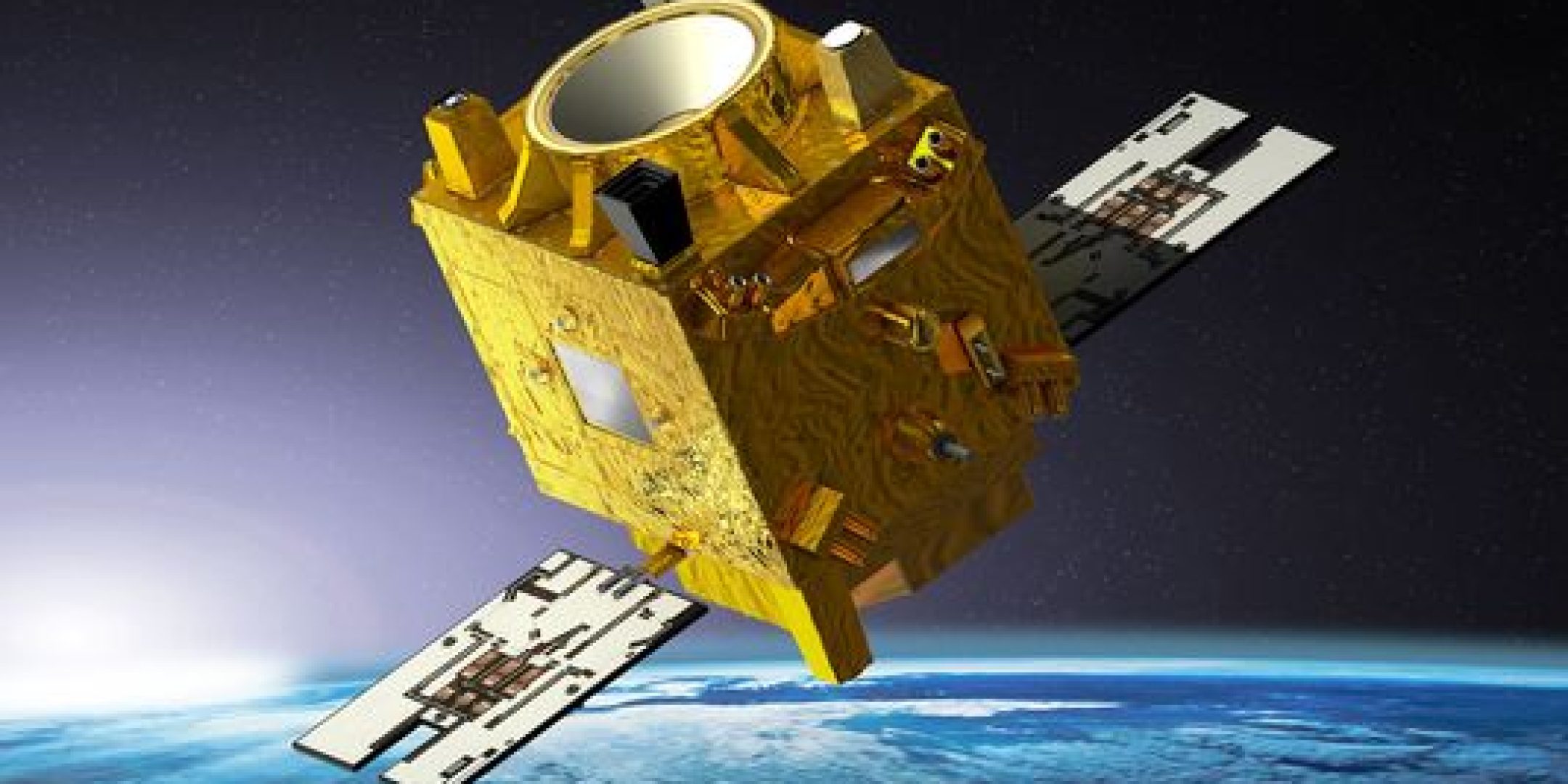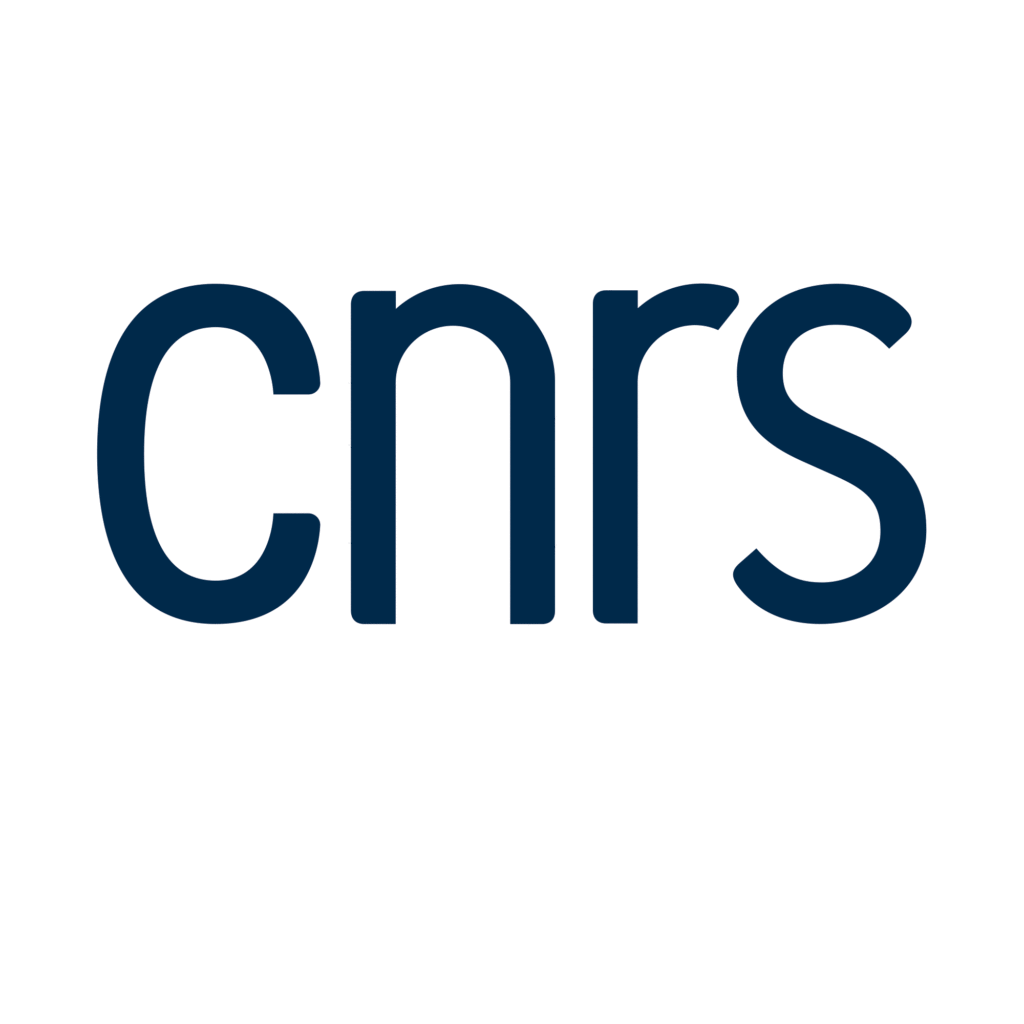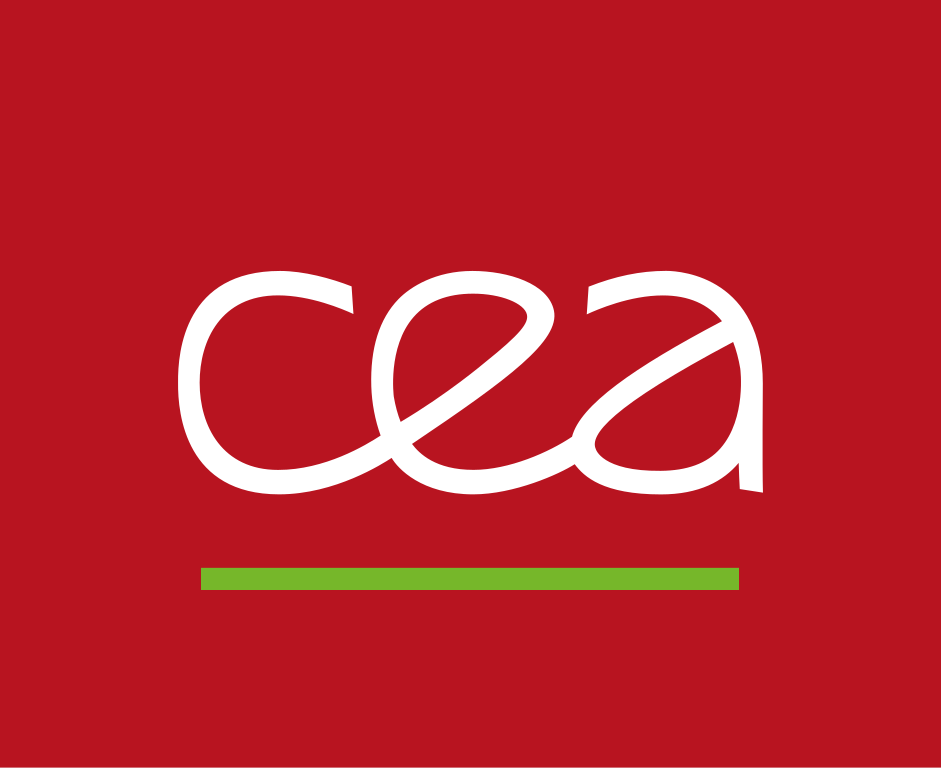On Monday, April 25, the Soyuz launcher completed its 14th successful flight from the Guiana Space Centre (CSG), Europe’s spaceport in Kourou, carrying the satellite Microscope for https://fscience-old.originis.fr/wp-content/uploads/2023/06/GLOC_Oslo_Norway_S2_27juillet2022_web-2-1.jpg.
https://fscience-old.originis.fr/wp-content/uploads/2023/06/GLOC_Oslo_Norway_S2_27juillet2022_web-2-1.jpg’s Microscope science satellite (MICROSatellite à trainée Compensée pour l’Observation du Principe d’Équivalence) is designed to test, for the first time in space, the validity of the founding principle of the theory of general relativity developed by Albert Einstein between 1907 and 1915, in which he proposed the equivalence of a gravitational field and a corresponding acceleration of the reference system.
The challenge for Microscope will be to achieve a level of precision 100 times greater than any experiment yet performed on Earth, thus opening new vistas for theories of gravitation. Microscope will test the principle in the vacuum of space where free fall is less disturbed and lasts much longer. It will thus be able to study the relative motion of two test masses on the satellite in permanent free fall over the course of several months.
Together with Microscope, Soyuz also launched :
- The Sentinel-1B synthetic aperture radar (SAR) satellite which will add to the capability already being provided by its twin Sentinel-1A for ESA and the European Union’s Copernicus program. Operating in tandem, the two satellites will cover a full range of environmental monitoring and security requirements;
- Fly Your Satellite!, an outreach program led by ESA that offers European students the opportunity to acquire hands-on experience with cubesats.

